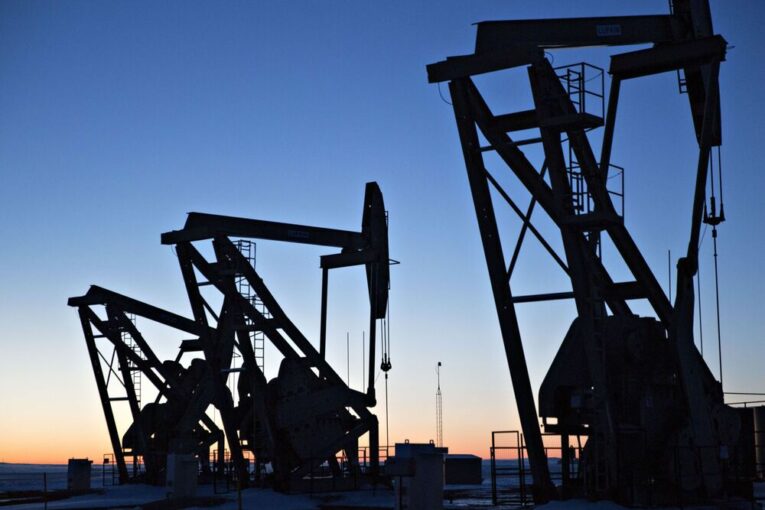
It has been a long pilgrimage over the past three years. What progress has been made over that time? What is the power of shareholder returns in forcing a rerating of share-price valuations? And what is the potential over the next several years for the energy sector to pay high levels of dividends?
The difference between a value trap and a cheap stock that can meaningfully rerate in valuation is an identifiable catalyst. To awaken the generalist investor from their catatonic state of apathy, the catalyst in my mind was very simple: a dividend or buyback program, funded from free cash flow, that would be so shockingly attractive that it would be too difficult to ignore any longer and force a rerating from generational low valuations.
A bit more than three years ago, I wrote an open letter to the industry arguing for such a course of action stating: “We can sit around and gripe about valuations hoping that something magical will happen to improve sentiment or we could do something about them with one simple curative.”
At the time, that thinking was heretical. Production growth was something seemingly instilled into oil CEOs from their time of birth. Mesmerized by half-cycle well-level economics or comforted by sticking with the supposed safety of the status quo, cash flow was always entirely redirected into drilling.
That approach is what allowed for the rise of shale hypergrowth in the United States, a period of time in which capital was incinerated in the pursuit of growth at all costs, resulting in several price collapses and the ensuing castigation of energy stocks.
After three long years of friendly conversations and lobbying at the corporate and board level, interrupted for a brief time by the price shock of COVID-19, it is extremely gratifying to see that “shareholder returns” is the new religion, with what we estimate to be 99 per cent of the industry buying into our plan and pledging to return a minimum of 50 per cent — 100 per cent in some cases — of free cash flow back to shareholders.
We estimate the average Canadian energy stock currently trades at an estimated 2.7 times enterprise value to cash flow and a 25-per-cent free cash flow yield at US$100 WTI. How, with one simple act, can a board force a rerating in trading valuation back closer to historical levels of seven times or more? Maintain flat production, eliminate debt or at least get down to fortress-like strength, and then use every single dollar of free cash flow to buy back shares.
The timeline to such a rerating is surprisingly short, given that the average Canadian energy company approaching debt-free status by the first quarter of next year will be able to buy back all its outstanding shares in just four years with free cash flow at US$100 WTI.
After all, what is the value of the very last share of a debt-free company that has billions of dollars of annual free cash flow and 15 years on average of stay-flat production? How can a share price not meaningfully rise, assuming flat oil prices, if 25 per cent of the outstanding shares are being cancelled each year via the use of significant issuer bids?
Looking forward to the next several years, should oil stay at current prices and the sector approaches debt-free status by early next year while having adequate drilling inventory so as to not have to use free cash flow for M&A, companies face a unique problem: unprecedented free cash flow with limited ways to spend it.
My advice to companies is this: If you no longer have any debt to pay off, if you have adequate inventory depth and don’t have to buy more land, and given that depressed valuations cannot justify production growth, there is only one thing left to do with the free cash flow … give it all back to shareholders.
It is, therefore, not unfathomable that the energy sector could soon pay the equivalent of a 25-per-cent dividend yield if oil stays at US$100 WTI, and therein lies the power. Will stocks trade at an implied 25-per-cent dividend yield if investors view the dividend as sustainable? I would suggest not.
A rerating to a 10-per-cent yield, which (given debt-free status and 15 years of identifiable free cash flow) seems like a reasonable valuation level, would mean a 150-per-cent rally in energy stocks from current levels. Still think you’re late to the oil party?
Eric Nuttall is a partner and senior portfolio manager with Ninepoint Partners LP.
You can read more of the news on source
